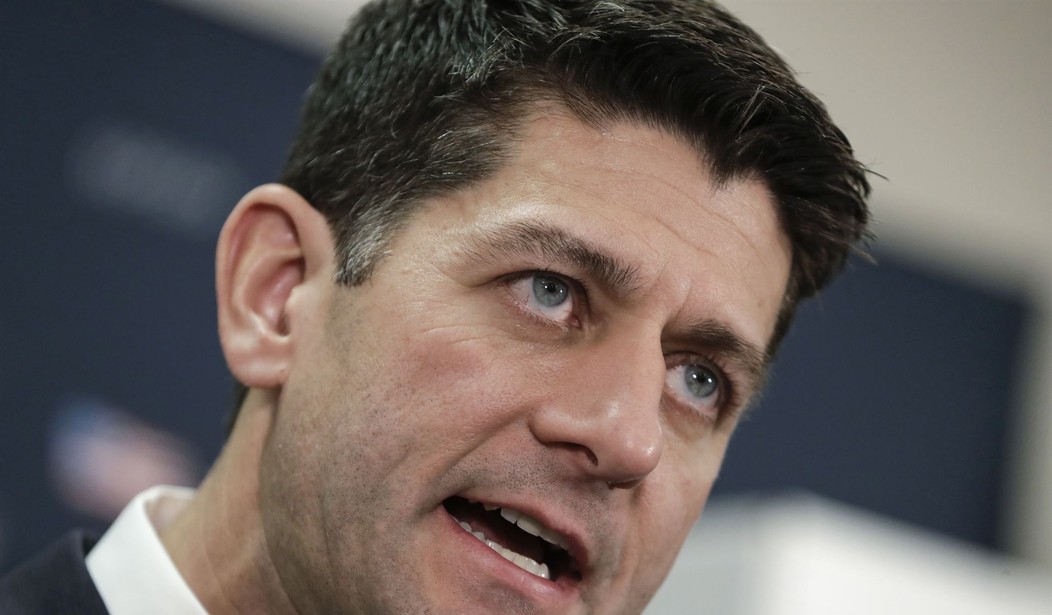No one puts out a welcome mat for the Grim Reaper, but those who’ve built up successful businesses have even more reason to dread his approach. Why? Because they know the death tax will soon exact a hefty toll on their hard work.
Technically known as the estate tax, the death tax is the penalty that families must pay when a loved one dies and leaves them significant assets. It was created a century ago to help fund World War I. Naturally, it outlasted that conflict.
Proponents make it sound like the death tax affects only the super-rich. But whatever its original intention, that’s not how it operates.
The tax has destroyed countless family-owned businesses over the years. To pay the amount due, surviving members are often essentially forced to liquidate the business or sell big pieces to outsiders.
What about the jobs they provide? The people who fill them? Proponents of the death tax who tout it as a way to break up “inherited wealth” count on us assuming that only people like Ebenezer Scrooge in “A Christmas Carol” are penalized. They don’t mention what the death tax does to those employed by the taxed businesses.
The death tax is a job killer. It encourages wealthy Americans to spend their money today rather than invest it in growing a business. After all, what’s the point of building a bigger nest egg if Washington is just going to take a huge chunk of it?
Because the estate tax discourages investment, it also holds down wage growth. Businesses are left with less funding, so they find it harder to purchase new tools and equipment. The workers that remain are less productive and suffer slower wage and salary growth.
Recommended
The death tax also hammers some Americans more than others, since it especially targets landowners. Many farmers, ranchers and homeowners have improved their land. Yet when they die, the federal government punishes their survivors.
Think about what the family members left behind could do instead of either killing or crippling the business and then handing a humongous sum over to the federal government. They could add new workers. Pay higher wages. Increase benefits.
Congress has been all over the map on this issue during the last decade or so. In 2001, lawmakers passed a law that gradually phased out the levy, which then stood at 55 percent (for those in the top tax bracket). It actually disappeared altogether in 2010. Then it came back.
The rate today stands at 40 percent. Democrats want to raise the rate to 65 percent and lower the exemption to scoop up even more businesses.
Fortunately, Congress has been taking some positive steps over the last year. The White House had hoped to see the death tax finally repealed as part of the tax cut that Congress passed last December. The Senate, unfortunately, scotched those plans, but the final legislation at least doubled the exemption for the death tax -- from $5.58 million to $11.16 million.
That was an improvement, obviously, but it’s not permanent. That higher exemption is due to expire in 2026. The House, as part of “Tax Reform 2.0,” recently voted to make it permanent. Now it’s up to the Senate.
A permanent higher exemption, though -- while welcome -- is no substitute for the best solution: a full, permanent repeal of the death tax. A new report from the American Business Defense Foundation shows that repealing the death tax would increase employment levels by up to 380,000 new jobs each year.
Death-tax proponents like to tell us that it affects only 1.5 percent of family businesses. But they neglect the big picture. The fact is, that 1.5 percent provides two-thirds of all family business jobs.
In short, it’s not just the super-rich who pay. One way or another, we all do.
This isn’t right -- or necessary. It’s time to take up the slogan coined by Dick Patten, president of the American Business Defense Council: “No taxation without respiration.”
























Join the conversation as a VIP Member